Silk route for self-reliance

Prishty Lekthepi starts her day by cleaning and cooking, but what she is really passionate about starts after that. This passion not only gave her happiness but also helped her to overcome her poverty.
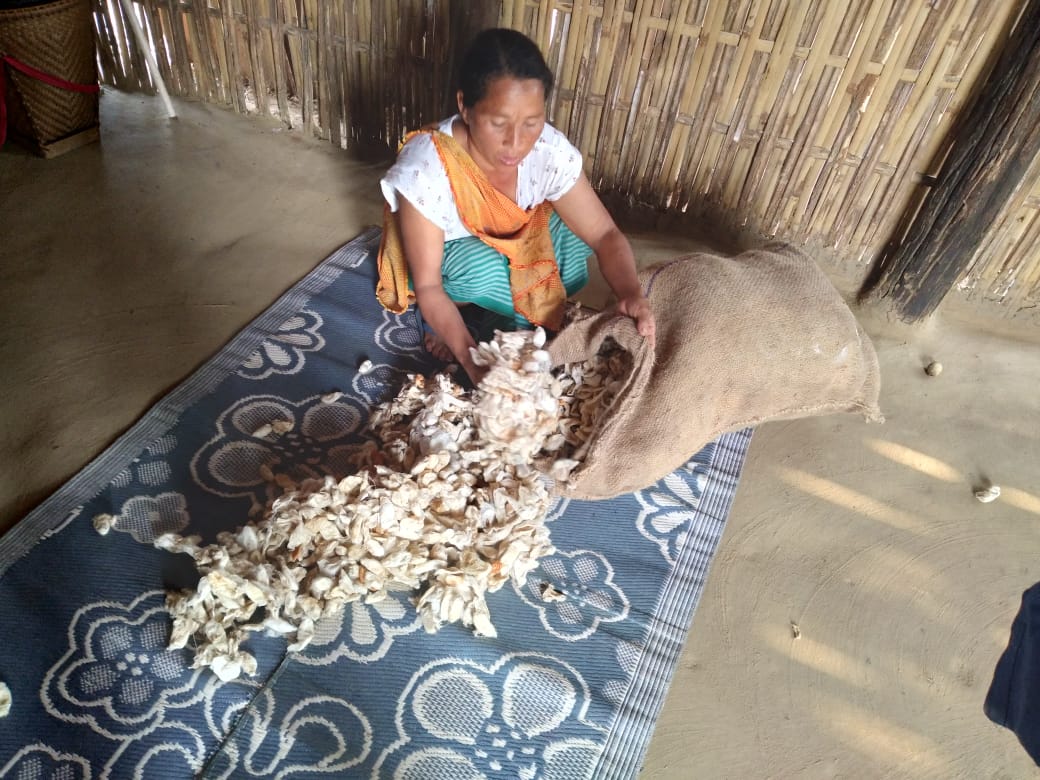
“I earned Rs. 60,000 from silk and managed to repay the entire loan taken from SHGs and also paid my children’s school fees,” says the sericulture farmer from Kangbura Tokbi village in the remotest villages of Karbi Anglong district of Assam.
Prishty, 34, was under a huge debt of money from SHG. Like her, many families in the village have taken loans from the SHG to manage their day-to-day affairs but were not in a situation to pay back.
In 2019, the Caritas India FARM team of Jirsong Asong (JA) visited Kangbura Tokbi and observed that the cultivation practices were not giving many returns and the market linkages were also deteriorating. The team initiated dialogue with the community through consultation and activity planning to address their needs. Several improved agricultural practices trainings were facilitated by JA to the community to improve their living condition.
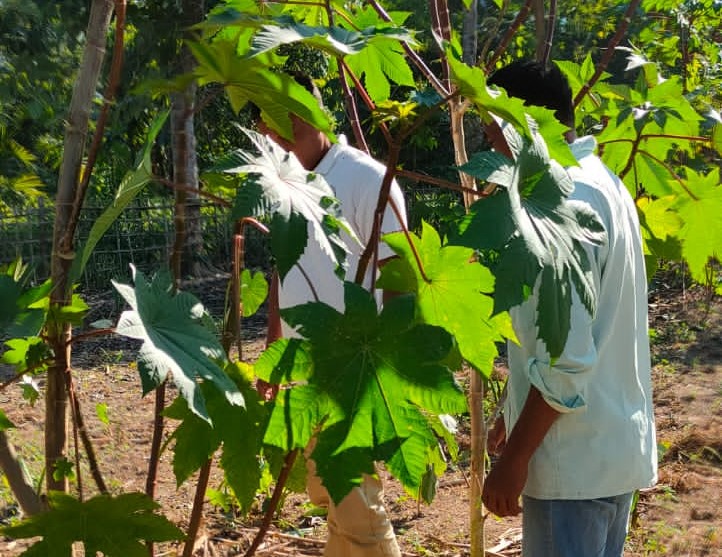
“It was found that the women folks were keen on silkworm rearing,” said Kisso Teron, Field Animator, JA. They shared that, silkworm rearing would benefit them in weaving traditional attires that are fairly high in demand in the market and fetch a good earning. The organisation provided training on silkworm rearing to this group of 9 women in February 2021 with the help of the Sericulture Department.
Kisso meanwhile kept visiting Kangbura Tokbi and tried to motivate the community to take up income generation activities (IGAs).
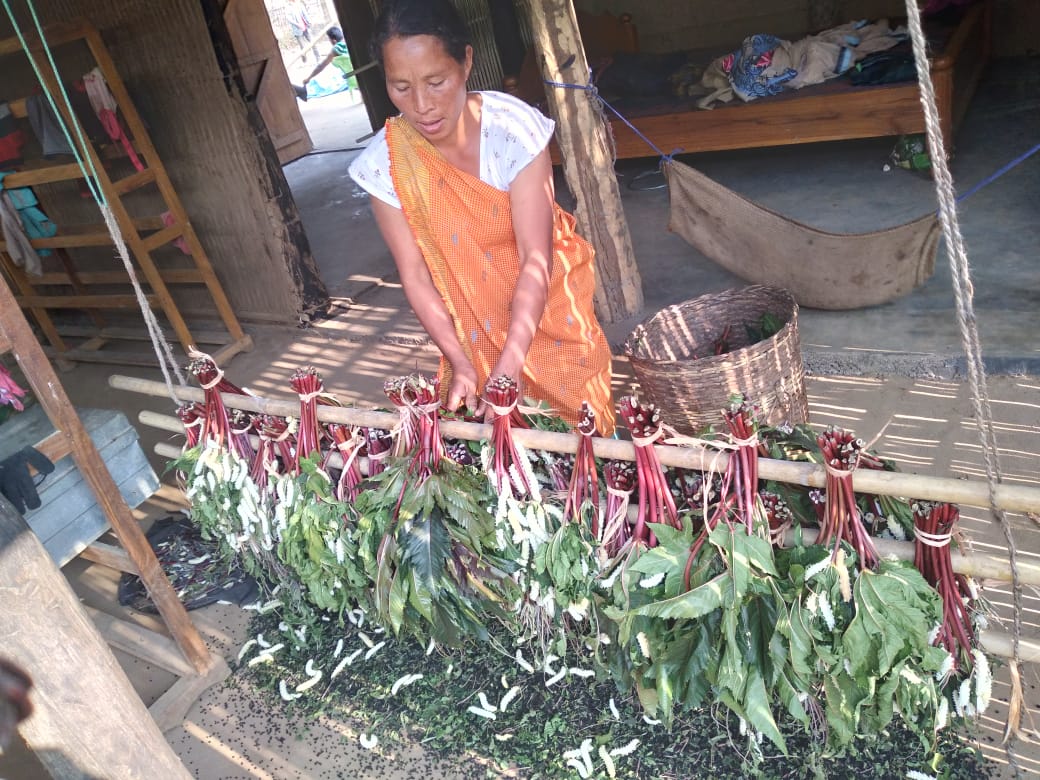
It was Prishty who took up sericulture as a means to battle her poverty and provide a sustainable future for her 3 children who are already studying in a hostel. She was motivated by the awareness and knowledge sharing program on Income generation activities conducted by the FARM Team of Jirsong Asong. Prishty first cultivated Mulberry Plants, the food for silkworm in her more than half an acre of land.
“I spent around Rs. 3,000 to begin with the cultivation of Mulberry plants and buying of silkworm larvae,” said Prishty. Earlier, she used to rear silkworms only for consumption, but after the orientation on silkworm rearing, she expanded the field on a large scale. The initial success has not only given her financial freedom but also opened a new path for self-reliance.
She realized the importance of a systematic way of doing things and that too on a large scale.
Prishty now wants other women in the village to start silkworm rearing and other activities which can reduce their burden of repaying their loan with a systematic approach.
Upcoming News
Sangam women producers group turns local trade into economic resilience
Kusumkasa village in Rajnandgaon district is quietly reshaping how rural women earn, trade, and lead....
LEARN MOREKhushaal Bachpan review reinforces community-led action to advance child well-being
The half-yearly review of Caritas India’s Khushaal Bachpan Programme has marked a decisive moment in...
LEARN MOREStrengthening Grassroots Democracy through Women-Led Good Governance
Democracy at the grassroots grows stronger when citizens, especially women, actively participate in local governance....
LEARN MORE
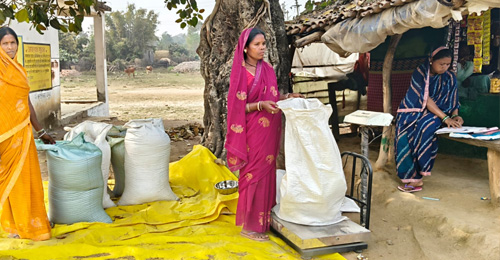
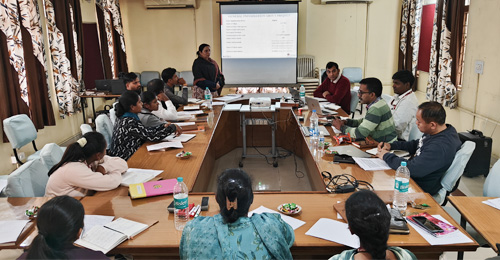
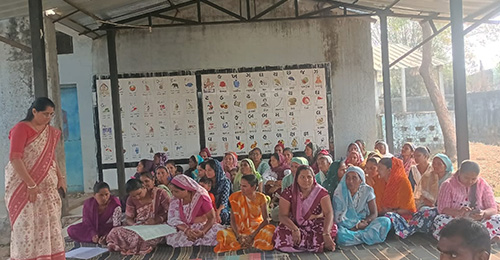
 91 -11 - 2336 3390
91 -11 - 2336 3390  director@caritasindia.org
director@caritasindia.org 